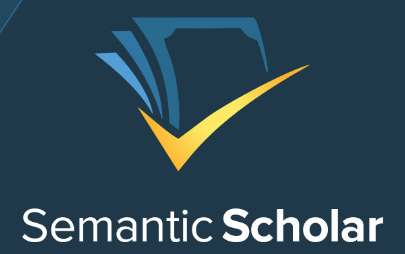The Success of Miniscrew-Assisted Rapid Palatal Expansion (MARPE) in Adult Orthodontics: A Literature Review
Fadi Haek, DMD, MSc1*, Natia Koghuashvili, DDS1 and Sinan Dehrab, DDS, Ortho2
1 Department of Dentistry, Karolinska Institutet, Sweden.
2 Senior Orthodontic Consultant, Department of Dentistry, Karolinska Institutet, Sweden.
*Corresponding Author: Fadi Haek, DMD, MSc, Department of Dentistry, Karolinska Institutet, Sweden.
DOI: https://doi.org/10.58624/SVOADE.2024.05.0193
Received: September 24, 2024 Published: October 14, 2024
Abstract
This literature review examines the success and effectiveness of Miniscrew-Assisted Rapid Palatal Expansion (MARPE) in adult orthodontics. Traditional methods like Surgically Assisted Rapid Palatal Expansion (SARPE) have been commonly used for treating transverse maxillary deficiencies in adults, but they come with significant drawbacks, including higher biological and financial costs. MARPE, which utilizes mini screws to apply controlled forces for palatal expansion, offers a less invasive and more precise alternative. The review analyzes several studies and reports on MARPE's success in expanding skeletal and dental structures, improving respiratory function in obstructive sleep apnea (OSA) patients, and minimizing complications like unwanted tooth movement. Despite some challenges, such as asymmetrical expansion, MARPE has demonstrated a high success rate in adult orthodontics and presents a promising treatment option. Further high-quality, long-term studies are recommended to optimize treatment protocols and evaluate potential risks.
Keywords: Miniscrew-Assisted Rapid Palatal Expansion, MARPE, adult orthodontics, transverse maxillary deficiency, obstructive sleep apnea, posterior crossbite, skeletal expansion, non-surgical palatal expansion, rapid palatal expansion, orthodontic treatment.
Citation: Haek F, Koghuashvili N, Dehrab S. The Success of Miniscrew-Assisted Rapid Palatal Expansion (MARPE) in Adult Orthodontics: A Literature Review. SVOA Dentistry 2024, 5:5, 207-212. doi:10.58624/SVOADE.2024.05.0194











